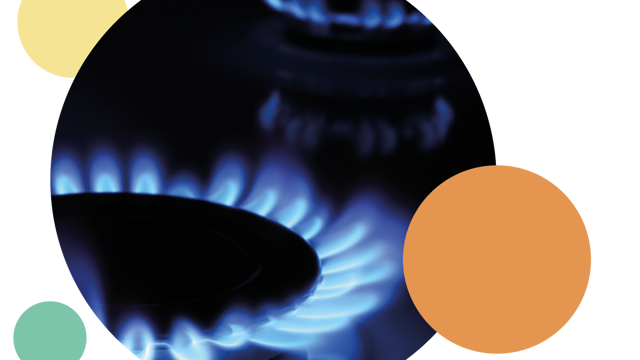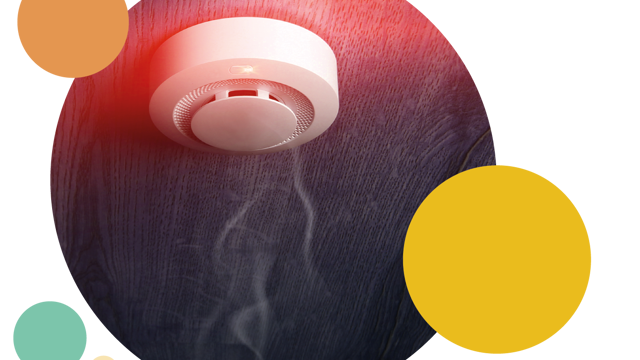During your annual gas safety check, we will carry out a full service of all appliances we own in your home.
All our gas team are Gas Safe registered engineers. You can confirm our Gas Safe engineer’s qualifications online here - simply enter the engineer’s unique registration number from their I.D badge.
-

Gas safety
If you can smell gas
- Turn off the gas supply. The main gas on/off lever can be found next to your gas meter.
- Open windows and doors. This will allow any gas which has built up in your home to disperse.
- Do not turn lights/sockets on or off or light any matches.
- Ring the National Grid on 0800 111 999.
-

Carbon monoxide safety
Carbon Monoxide
Carbon Monoxide (CO) is a highly poisonous gas that is odourless and invisible.
It’s released into the air when a gas appliance has been incorrectly fitted, badly repaired, or poorly maintained. CO can also be found in oils and solid fuels such as coal, wood, and petrol.
When CO is released in small amounts over a long period of time, it can cause health problems including:
- Headaches
- Nausea
- Dizziness
- Breathlessness
- Collapsing
- Loss of consciousness
If you are exposed to a large amount of CO it can lead to brain damage, paralysis and even death.
If you suspect CO is present in your home, you should:
- Turn off the gas.
- Turn off your appliances.
- Open the windows.
- Get everyone to leave the house.
- Call the emergency services on 999.
- If you feel unwell, seek urgent medical attention.
-

Carbon monoxide safety
Signs of a carbon monoxide leak
Any of the following could be a sign that there is CO in your home
- Lazy yellow or orange flames mean you need to get your cooker checked. The flame on your cooker should be crisp and blue.
- Soot or yellow/brown staining around or on appliances.
- Pilot lights that frequently blow out.
- Increased condensation inside windows.
If you have a faulty appliance in your home, it could lead to CO poisoning.
Get it checked as soon as possible by a Gas Safe registered engineer.
We are fitting Caron Monoxide Detectors in all our homes.
Steps you can take to protect yourself include:
- Make sure there is always enough fresh air in the room containing your gas appliance and ensure vents are not covered.
- Ensure appliances that are your responsibility are serviced regularly by a Gas Safe registered engineer.
- Avoid appliances like paraffin heaters and cabinet heaters as they don’t have a flue.
Read in our gas safety and servicing inspection policy below.
-
Gas safety inspection and servicing policy
pdf | 120Kb
